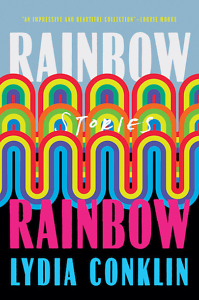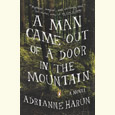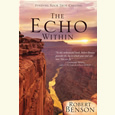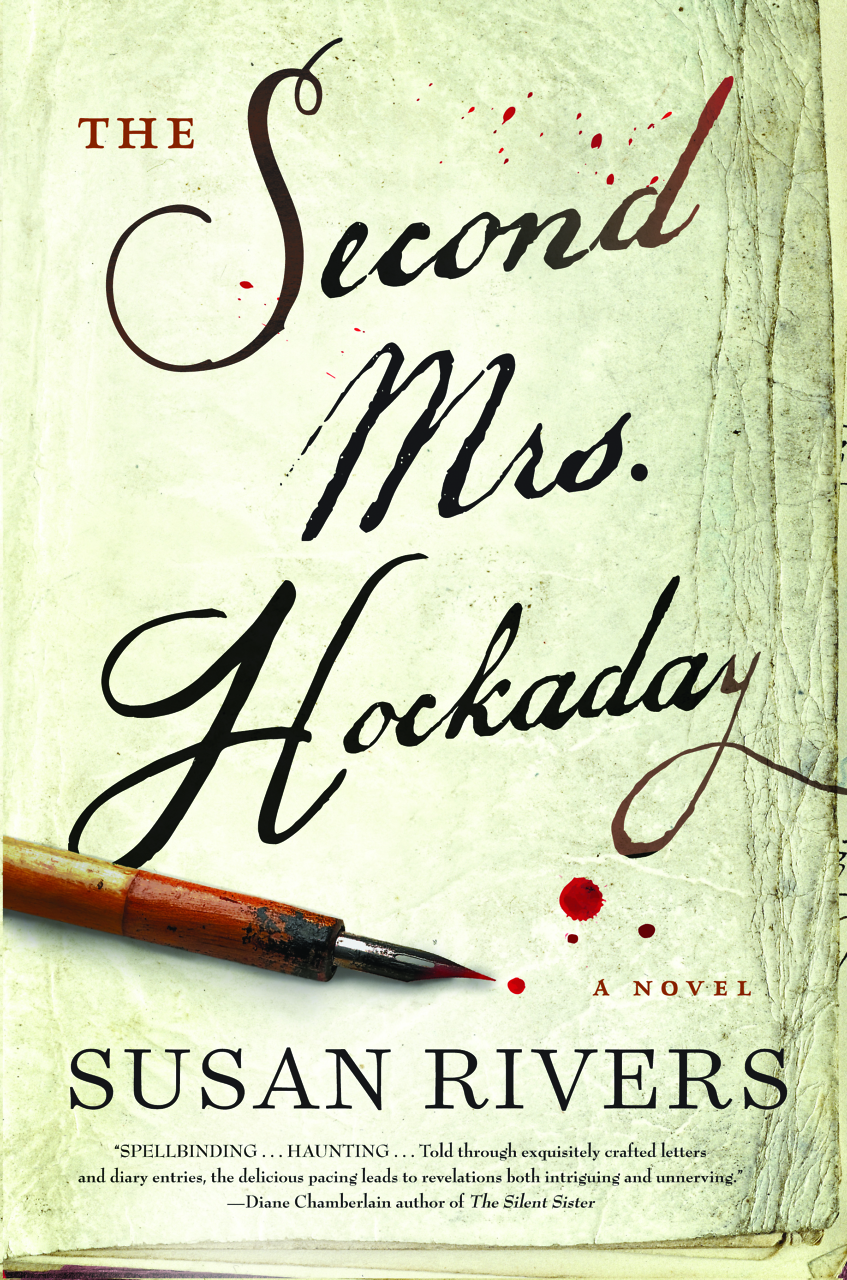The Rainbow Connection
Lydia Conklin’s debut collection delivers complex stories of queer and trans experiences
In Rainbow Rainbow, a collection of 10 stories depicting trans and queer experiences, writer Lydia Conklin deftly portrays people and relationships, revealing how both survive the despair and joy of change, whether that’s figuring out exactly what it means to transition or the difficulties of coming out to a partner.

The collection is the debut book from Conklin, who is currently an assistant professor of English at Vanderbilt University. Their fiction has appeared in Tin House, American Short Fiction, The Paris Review, One Story, and VQR, and they have drawn graphic fiction for Lenny Letter and Drunken Boat.
The rainbow, a symbol that’s come to represent queer communities, appears at least fleetingly in each story. In an interview with shondaland, Conklin talked about the way it emerges in “Ooh, the Suburbs”:
“A young person is talking about this band she had and how the rainbow is a symbol of togetherness and loneliness at the same time,” Conklin said. “The way she says it is kind of funny, but it also felt to me like that was the key to the book — people finding connection but also failing to find connection, either through or surrounding their queerness.”
It’s easy to see how these stories work as an assemblage, but the range of connections and experiences here is wide. Conklin gives us characters like Carla, who is recovering from sex addiction in part by caring for a small pack of ferrets, and young teenagers Hazel and Kit and Melissa, who are tumbling together through the machinations of horny teen life and New Year’s Eve plans gone slightly awry.
 Each story has an element of withholding — characters make choices not to reveal parts of themselves to the people they love, in much the same way folks in all relationships do. We get glimpses into these painful decisions and see that Conklin’s people have various valid reasons for not always revealing everything about themselves. The stories explore what’s not said. For example, in “Sunny Talks,” a closeted elder queer takes their trans nephew, Sunny, to a convention for trans influencers, and opportunities keep slipping by for the elder to reveal they are nonbinary. The story touches on jealousy and hope and the complex feelings aroused by seeing the options young trans and nonbinary people have that they did not:
Each story has an element of withholding — characters make choices not to reveal parts of themselves to the people they love, in much the same way folks in all relationships do. We get glimpses into these painful decisions and see that Conklin’s people have various valid reasons for not always revealing everything about themselves. The stories explore what’s not said. For example, in “Sunny Talks,” a closeted elder queer takes their trans nephew, Sunny, to a convention for trans influencers, and opportunities keep slipping by for the elder to reveal they are nonbinary. The story touches on jealousy and hope and the complex feelings aroused by seeing the options young trans and nonbinary people have that they did not:
I should be grateful that the world changed in time for Sunny. If I were his mother, my feeling would be pure. But as it is, I wish the shift hadn’t happened too late for me to ever be beautiful in my right body but too soon for me to die in the peace of never having known another way.
The stories are overtly sexual in portions, at times veering into some taboos. There’s a fair amount of desperate pining, fantasizing, discovery, and enough awkward flirting to make anyone laugh and blush.
Conklin strays from neatly packaged characters and narratives. These folks represent the full spectrum of humanity, good and bad and complicated amalgams of both. It’s refreshing to see trans and queer characters given the room to make mistakes or to have confusing thoughts about their gender or sexuality. Throughout the collection, Conklin plays with the idea that people tend to see things in restrictively binary terms even within the queer community.
Many of the stories lack a major or explicit epiphany, though there are certainly many instances of characters questioning their first perceptions. Conklin tends to let characters’ thoughts remain malleable and soft around the edges, giving you a taste of their personality but not enough to make a definitive judgment — suggesting, perhaps, that anyone is capable of change at any given moment.

Amanda Haggard is a freelance writer, editor, and journalist living in Nashville. For the past decade, she’s written about homelessness, books, music, politics, food, and everything in between. She is the co-editor of Nashville’s street newspaper The Contributor.


